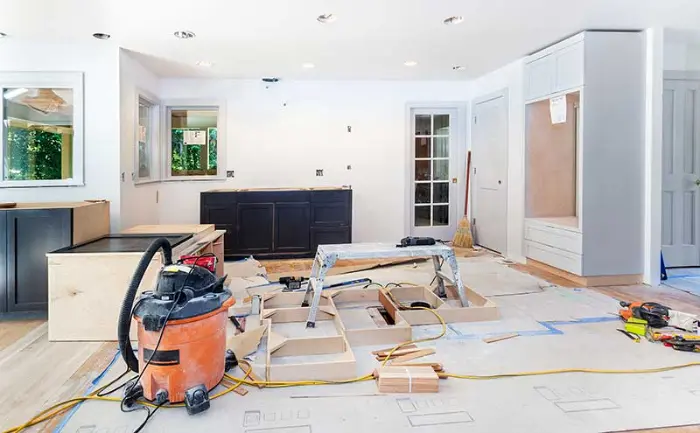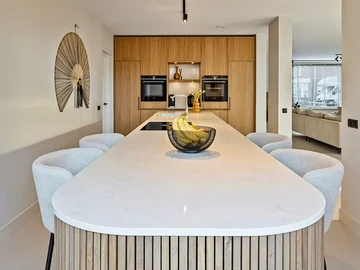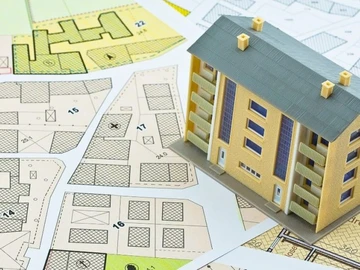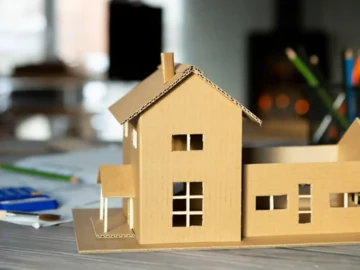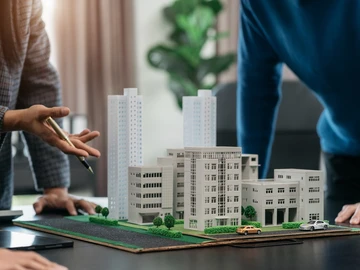The past year has inspired many homeowners to invest in remodeling whether to boost property value, enhance comfort, or adapt to new lifestyles. While it’s tempting to dive in with enthusiasm, renovations often come with unexpected hurdles. With the right planning and mindset, however, you can avoid delays, budget blowouts, and regrets.
Here are seven essential tips to help your remodeling project stay on track:
1. Keep the Big Picture in Mind
It’s easy to be swayed by design trends and social media inspiration, but ask yourself:
-
Will I still love this renovation 5–10 years from now?
-
Is this remodel for my personal comfort or to boost resale value?
-
Am I designing for my own lifestyle or someone else’s expectations?
Define your core reason for remodeling your “why.” This becomes your north star when making decisions throughout the project.
2. Consider Future Resale Value
If you're planning to sell your home within the next five years, make sure your upgrades appeal to a wider market.
-
Avoid overly niche or custom styles that may turn off future buyers
-
Choose finishes, layouts, and features that reflect current market preferences
-
Research homes in your area that are selling quickly or above market to guide your choices
On the other hand, if this is your forever home, feel free to personalize your space as much as you like.
3. Budget for Quality
Not every part of your project needs to be expensive but some areas are worth the investment.
-
Don’t compromise on structural work, electrical, or plumbing
-
Hire licensed, reputable contractors with verified experience
-
Request to see past projects or client reviews
Cutting corners on foundational work can lead to costly repairs down the line. Spending more upfront can save you significantly in the long run.
4. Sign a Clear Contract with Built-In Contingencies
Even the best-planned projects can hit delays. Protect your interests by ensuring your contract includes:
-
Detailed scope of work
-
Payment schedule
-
Expected timeline
-
Clauses for cost and time overruns
Set aside an extra 10–20% in your budget and timeline to account for unforeseen issues. Transparency and legal clarity help manage expectations and avoid conflict if surprises arise.
5. Stay Flexible When Things Go Wrong
Delays, backorders, and miscommunications happen even with excellent planning.
-
Maintain a calm mindset when challenges arise
-
Focus on the end result, not momentary frustrations
-
Remember that most contractors want to deliver great results—they’re your allies, not adversaries
Patience, positivity, and humor can keep morale high and the project moving forward.
6. Vet Every Contractor and Subcontractor
Your primary contractor may bring in additional specialists, such as electricians or tile installers. It’s your responsibility to ensure:
-
All professionals are properly licensed and insured
-
They have a good reputation and proven track record
-
The work quality meets your expectations
Ask your contractor for background on any subcontractors, and don’t hesitate to request references.
7. Confirm Availability of Materials Before You Begin
Don’t let backordered supplies throw off your project timeline.
-
Verify that critical materials (e.g. tiles, fixtures, cabinetry) are in stock before demolition starts
-
Have alternative options in mind in case your first choice isn’t available
-
Be willing to delay your project to get the results you really want
It’s better to wait a few weeks for the perfect finish than to rush and settle for less.
Final Thought:
A successful remodel is the result of thoughtful planning, flexibility, and informed decision-making. Whether you're upgrading your kitchen, extending your home, or refreshing a space, following these tips will help ensure your 2024 remodeling project is a success from start to stunning finish.
 Continue with Facebook
Continue with Facebook
 Continue with Email
Continue with Email

